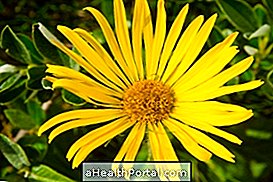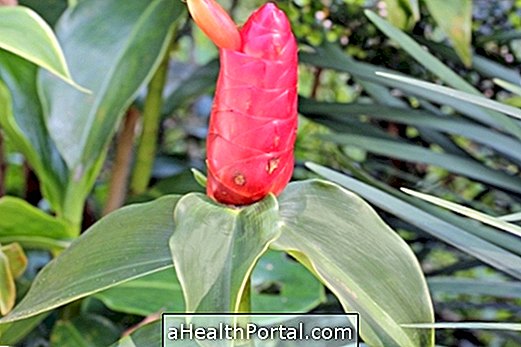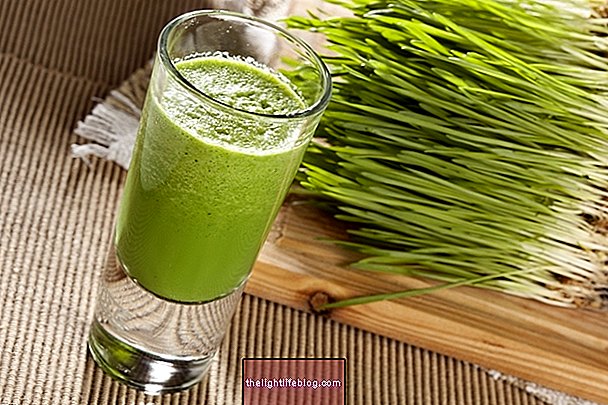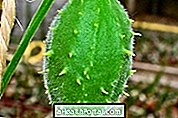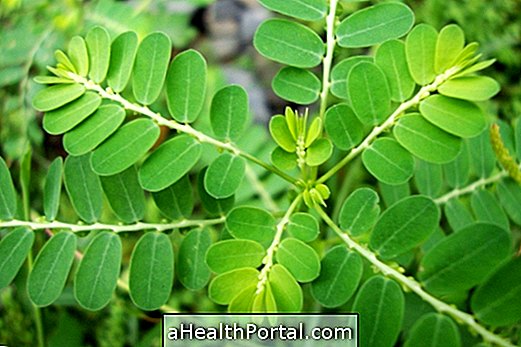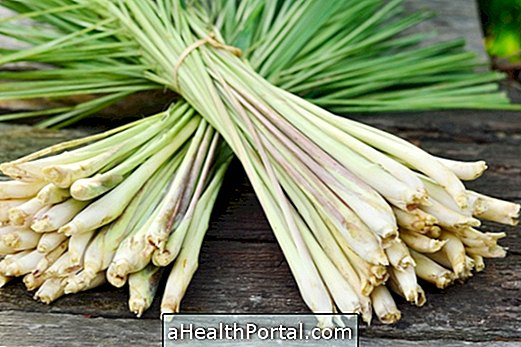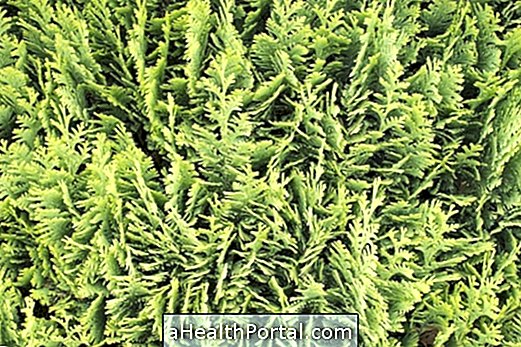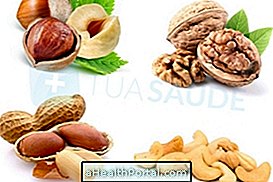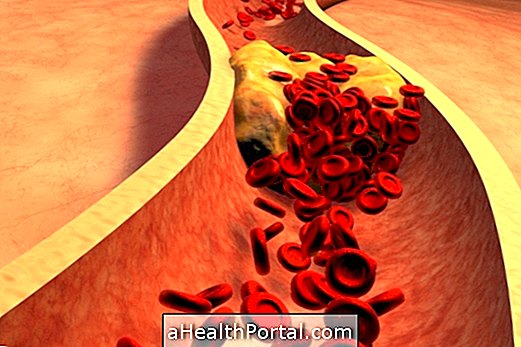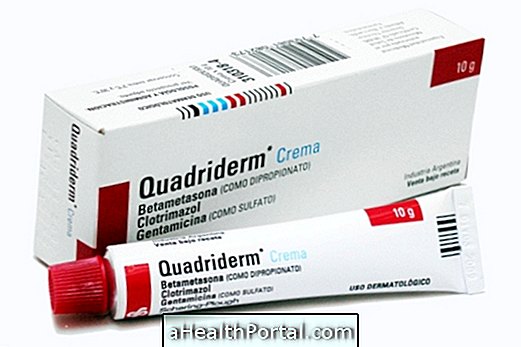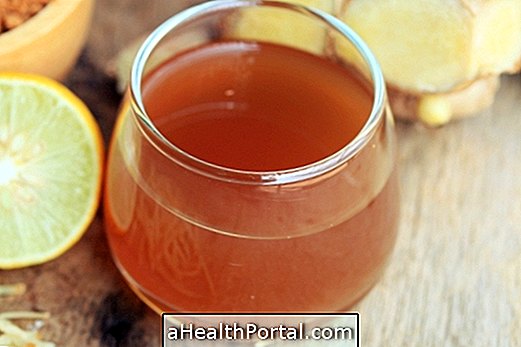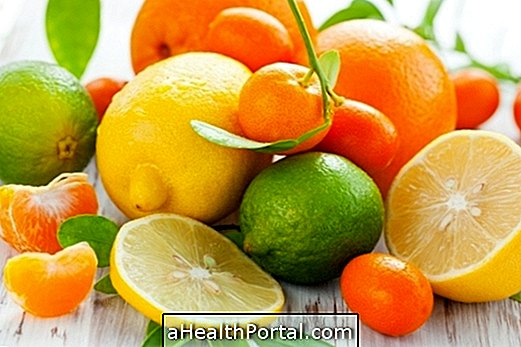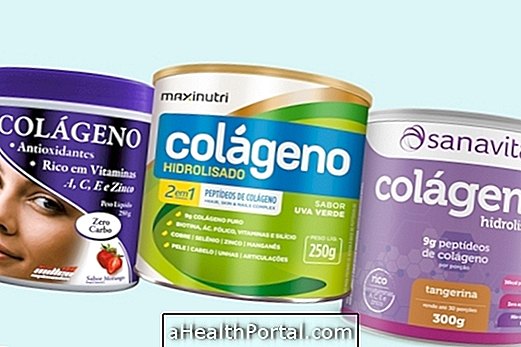Red tea, also called Pu-erh, is extracted from theCamellia sinensis, the same plant that also produces green, white and black tea. However what differentiates this tea to red, is the fermentation process.
Red tea is fermented by microorganisms, such as bacteria Streptomyces cinereus strain Y11 for a period of 6 to 12 months, and in cases of very high quality teas this period can be up to 10 years. This fermentation is responsible for the increase of substances capable of bringing benefits to the body, such as flavonoids, which have antioxidant, anti-inflammatory properties and which help in the formation of hormones essential for health.

Red tea is rich in antioxidants and natural anti-inflammatories that decrease the formation of free radicals in the body, helps maintain a good memory and reduces the risk of heart disease such as atherosclerosis and ischemia.
In addition to having GABA, which is a type of neurotransmitter responsible for regulating the central nervous system, and which also participates in the formation of melatonin, the sleep hormone, generating a relaxing and anti-anxiety sensation, and facilitating the process of falling asleep. In addition, GABA still has action, analgesic, antipyretic and antiallergic.
Thus, due to the various properties, red tea has several health benefits, the main ones being:
1. Improves skin health
Red tea, because it is rich in flavonoids, which are natural antioxidants and anti-inflammatories, helps to reduce the chances of skin cancer by protecting the skin from UV rays. In addition, it improves the appearance and slows down the appearance of wrinkles and sagging, as it has vitamins C, B2 and E, responsible for the synthesis of collagen, which maintains the skin's elasticity.
2. Strengthens the immune system
The antioxidant property of flavonoids can assist in the formation of the main components of the immune system, T cells, which are responsible for recognizing and fighting disease-causing agents in the body.
3. Help in weight reduction
Because it contains caffeine and catechins, red tea can help speed up metabolism due to its thermogenic effect, which increases the feeling of willingness to exercise and helps burn fat during exercise, as the body will spend more calories than it does. the usual.
4. Natural soothing
The polyphenols found in red tea, have the ability to lower the levels of cortisol in the blood, known as stress hormone, bringing a feeling of calm and well-being to those who consume it. Check out other teas that are also natural calming.
5. Antibacterial and antiviral action
Red tea has action against bacteria that cause tooth decay by inhibiting bacteria toxinsEscherichia coli, Streptococcus salivarius and Streptococcus mutans because they have a substance called galocatechin gallate (GCG).
The antiviral action of tea comes from the flavonoids that stimulate the activity of NK cells, which are cells of the immune system that protect the body from the action of viruses.
How to make
Red tea is made by infusion, that is, the leaves are placed in the water after boiling and left to rest.
Ingredients:
- 1 tablespoon of red tea;
- 240 mL of water.
Preparation mode:
Boil the water, just after letting it warm for 1 to 2 minutes. Then add the tea and let it rest for 10 minutes. It can be served hot or cold, but always consumed on the same day.
Cautions and contraindications
Red tea is contraindicated for people who use anticoagulants, vasoconstrictors, hypertension, pregnant women and lactating women. In addition, people with difficulty falling asleep should avoid the consumption of red tea, due to the presence of caffeine, especially in the 8 hours before bed. See 10 tips to help improve sleep.
Was this information helpful?
Yes No
Your opinion is important! Write here how we can improve our text:
Any questions? Click here to be answered.
Email in which you want to receive a reply:
Check the confirmation email we sent you.
Your name:
Reason for visit:
--- Choose your reason --- DiseaseLive betterHelp another personGain knowledge
Are you a health professional?
NoMedicalPharmaceuticalsNurseNutritionistBiomedicalPhysiotherapistBeauticianOther
Bibliography
- NEUROCHEMISTRY INTERNATIONAL. Supplementation with different teas from Camellia sinensis prevents memory deficits and hippocampus oxidative stress in ischemia-reperfusion. 2017. Available at:. Accessed on 19 Aug 2020
- NIH. A Comprehensive Insight on the Health Benefits and Phytoconstituents of Camellia sinensis and Recent Approaches for Its Quality Control. 2019. Available at:. Accessed on 19 Aug 2020
